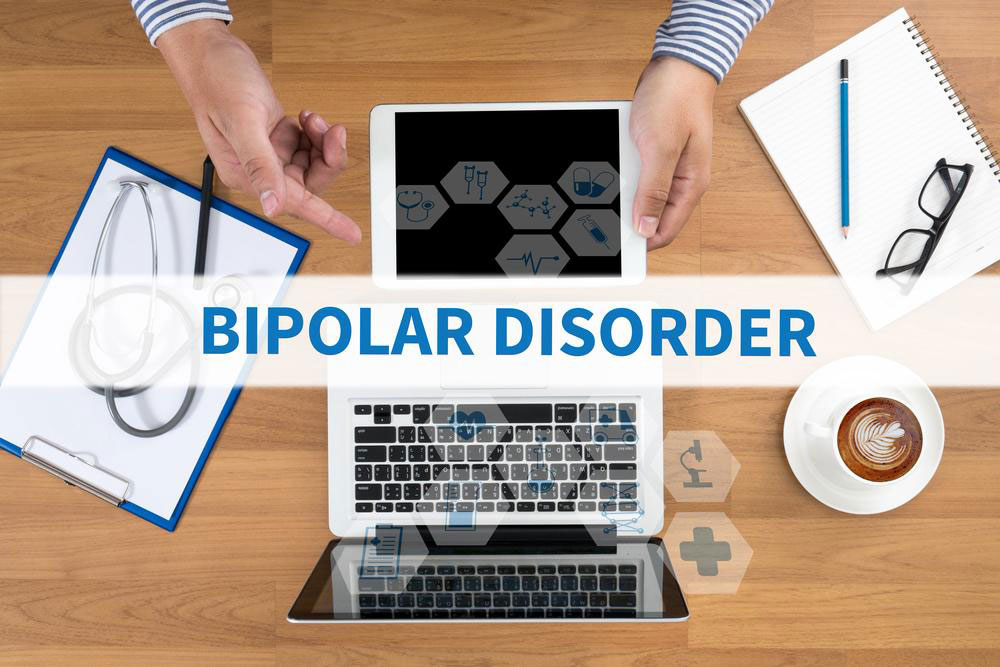Essential Insights for Living with Bipolar Disorder
Learn essential facts about bipolar disorder, including common symptoms in children and adults, treatment options, co-occurring health issues, and crisis management strategies. This comprehensive guide aims to increase awareness, reduce stigma, and promote effective management of this complex mental health condition.

Essential Insights for Living with Bipolar Disorder
According to recent statistics, about 20% of Americans face mental health challenges each year. As awareness grows, societal views have shifted from focusing solely on physical health to recognizing the importance of mental well-being. Leading health organizations emphasize mental health's crucial role, helping to reduce stigma. Bipolar disorder, affecting approximately 2.8% of adults and often misdiagnosed or overlooked in children, requires understanding and proper management. This article explores key symptoms, treatment options, and ways to cope with bipolar disorder effectively.
Recognizing the early signs of bipolar disorder in children is vital. Mood swings, ranging from extreme happiness or irritability to deep sadness, are common indicators. Young individuals might talk rapidly, act overly excited, or display impulsive behaviors. Symptoms can also include sleep disturbances, feelings of worthlessness, or thoughts of self-harm. Although bipolar disorder cannot be cured, various treatments like medications—stabilizers, antipsychotics, and antidepressants—alongside psychotherapy such as cognitive behavioral therapy help manage symptoms effectively. Additional options include lifestyle modifications, acupuncture, or electroconvulsive therapy.
Associated health risks include thyroid issues, heart diseases, diabetes, and obesity, often accompanying bipolar disorder. Misdiagnosis with conditions like ADHD or anxiety is common since symptoms overlap. Substance abuse is also prevalent as a coping mechanism. If someone exhibits suicidal tendencies during depressive episodes, immediate action is critical. Contact emergency services, stay with the person, and remove any potential means of self-harm. Listening without judgment can make a significant difference during crisis moments.
Early detection of mood swings can facilitate effective management of bipolar disorder.
Medications combined with therapy are key components of treatment.
Understanding co-occurring illnesses helps address overall health risks.
Providing support during suicidal episodes is essential for safety.
Staying informed about bipolar disorder improves coping strategies and reduces stigma.










